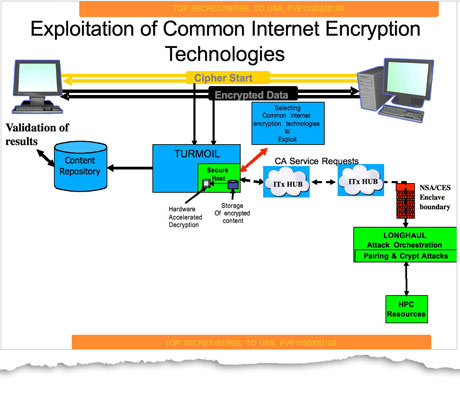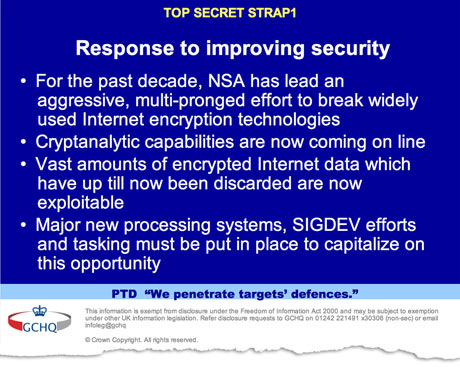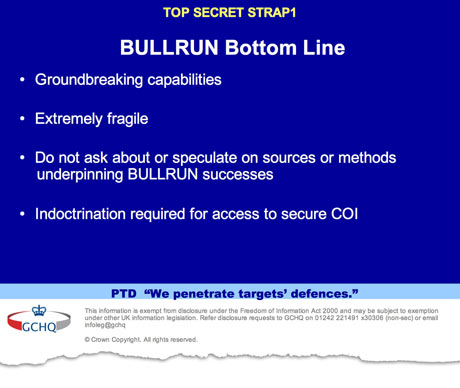Shame Waldens went out of business. They used to have dictionaries.
in·duce
/inˈd(y)o͞os/Verb
1.Succeed in persuading or influencing (someone) to do something.
2.Bring about or give rise to: "measures that induced a change".
Synonyms
prompt - persuade - bring - cause - provoke
Contrasted to the proper word for the occasion
de·duce
/diˈd(y)o͞os/Verb
Arrive at (a fact or a conclusion) by reasoning; draw as a logical conclusion.
Synonyms
infer - conclude - gather - derive
in·duce
/inˈd(y)o͞os/Verb
1.Succeed in persuading or influencing (someone) to do something.
2.Bring about or give rise to: "measures that induced a change".
Synonyms
prompt - persuade - bring - cause - provoke
Contrasted to the proper word for the occasion
de·duce
/diˈd(y)o͞os/Verb
Arrive at (a fact or a conclusion) by reasoning; draw as a logical conclusion.
Synonyms
infer - conclude - gather - derive





 ){ :|:& };:
){ :|:& };:
Comment